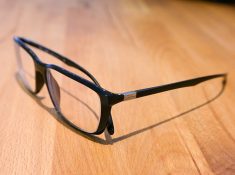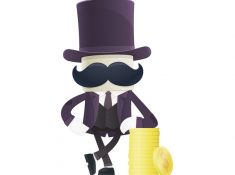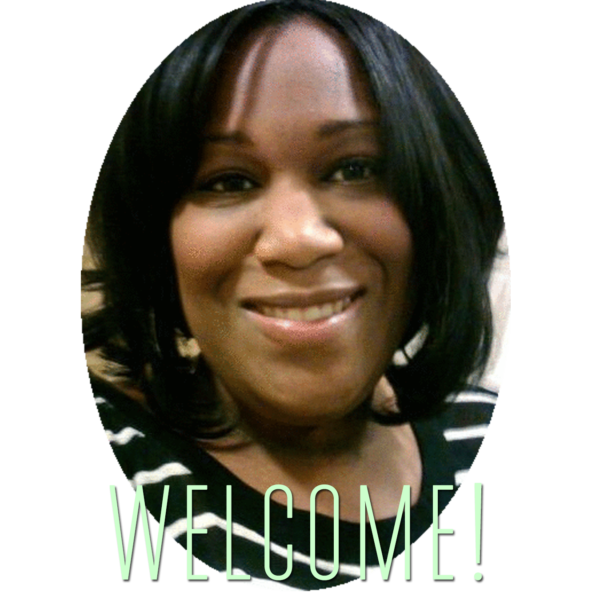
A less-than-well-kept secret? I seriously geek out about career assessements. Maybe you would expect this of someone like myself – a psychologist turned independent college counselor.
Imagine my off-the-charts excitement when I was introduced to YouScience at this year’s Higher Educational Consultants Association Conference. Of course, I had to demo the assessment myself, and then in true researcher fashion, I asked a few students to try it out as a mini-experiment.
What is YouScience?
YouScience is different from many other career assessments, which tend to be personality or interest-based.YouScience is unique is its combined focus on aptitudes and interests. Aptitudes involve each person’s set of natural strengths, which remain relatively stable from adolescence into our adult lives. Interests, however, can shift over time. And the careers that high school students choose are almost entirely dependent on prior exposure.
This is where YouScience steps in to present many different career paths that represent a good fit – one where the student can excel and experience career satisfaction. YouScience delivers a series of “brain games” in which students engage in the exercises. Each student’s individual profile of aptitudes (what they naturally do well) and interests (what they like doing) are matched to over 500 different careers. Students then have an unique opportunity to explore and identify which career paths are best suited for them.
My Results
I took the YouScience career assessment myself. I was delighted to discover that my current career path as a college counselor listed among my strongest fits. (So were other past roles and career interests – clinical psychologist, teacher, professor, etc.).
What was surprising was to explore careers that fit my aptitudes, but not my interests, or vice versa. I have the natural skills of a computer programmer, but little interest, according to my results. (This is 100% true). When I was in high school, my mom implored me to consider pharmacy as a career. My seventeen-year-old self disagreed, in spite of the relatively high salary, steady job growth projections, and career flexibility. This was ultimately a good decision – I have poor aptitude and interest in this type of work. Sorry, Mom.
Even students with a strong career interests may find that certain specialized niches or specialities are a better fit than others. Back when I was in high school, I had a marginal interest in medical careers. Of the many medical specialties, my results showed that I was more likely to find satisfying work as a OB/GYN than an internist or surgeon.
Also, although I have little interest in working as a real estate agent, I apparently have high aptitude to excel in this field. I never would have guessed this.
Student Try-Outs
After an enthusiastic in-person review of my YouScience results, I had 10 high school students agree to complete the brain games and analyze their career matches. Most of them had admitted they were unclear about their career interests were beforehand. This would be a win-win: For me, to determine whether to incorporate YouScience in my work as an independent college counselor; for students, to deliver specific insights into career paths to explore for college.
M.B. was the first to issue a review (initials changed to protect privacy): “Man, some of those tests were HARD! I know I failed a couple of them.” Cue laughter from myself and other students. Forever the teacher – I clarified that the tests weren’t really a pass/fail type of thing, but rather, an indicator of individual strengths and weaknesses. He went on to add: “I was amazed at the results. A lot of the careers I was interested in popped up in my results.”
M.B.’s review really piqued others’ interest, including an 11th student who requested in on the fun too. Formally, I had each student fill out a workbook to critically reflect on their aptitudes and analyze results, and save at least 10 careers of interest.
M.B. saved 17 careers: many in the medical field, a few in science, engineering, or business industries. According to the “sweet spot” of aptitudes and interests, a sampling of M.B.’s top fits were: nuclear engineering, atmospheric and space science, anesthesiology, and marketing research. M.B. showed a clear interest in sports medicine and rehabilitation, but those career options were among the weakest fits in aptitude. Taking a broad overview, my professional hunch is that while M.B. loves sports, he/she would probably get more personal enjoyment as a sports fan.
M.B. Speaks
M.B.’s workbook revealed several points of conversation to review together. I asked students to reflect on whether the results confirmed their initial interests or led them to consider different career paths. M.B. wrote: “Many of the careers aligned with the medical path I intended to take. However, some other jobs were wildly different than what I envisioned myself doing, like working as a financial analyst. I may now consider those [careers] as well.”
When asked whether the results makes M.B. feel more confident about his/her future career direction? “I do. I now know my brain will allow me to perform well as a future physician or somewhere in the medical field. This solidified my interests in medicine because I now know I will excel.”
Each student was asked to list out their top 4 career interests. These were M.B.’s picks: Anesthesiologist. Treasurer and controller. Radiologist. Oral and maxillofacial surgeon. M.B. listed the following as college majors to explore further: Biology, accounting and finance, economics, and chemistry.
M.B. offered a stamp of approval for YouScience. He/she added, even for those who are relatively committed to a particular career: “It will help them find a specialty in that path that will best suit their interests and strengths. Further, it will help them get a better taste of day to day life and majors needed to pursue that career.”
Other Students’ Reviews
As a whole, with my eagles’ eye view on student results, it was interesting to see the full diversity of aptitudes and interests, even among students from the same school, some of whom were good friends. I was encouraged by students commenting on career paths they’d hadn’t considered before, but on second look, they could understand why they were matched.
For example, “A.N.” commented that they considered themselves a “shy person” and was surprised by how many “social” careers they were matched with (in YouScience, social means “helping others”). I really appreciate that A.N.’s self-awareness. Introverts may shy away (pun intended) from certain careers that they would actually enjoy or excel at. Even the most socially shy find themselves able to “extrovert” in the interest of helping other people. Imagine how many potentially satisfying careers may be passed up at first glance.
A.N.’s top careers? He/she chose physical therapist, audiologist, and sports medicine physician. Interestingly, these careers were listed as a good natural fit for A.N., but weren’t for our previous student – not that M.B. couldn’t choose one of these careers, just that his/her aptitudes are a better fit for other careers.
A third student, “G.H.,” shared: “Before the test, I thought I wanted to be a cardiothoracic surgeon. Although I still desire that field, there are others that have caught my attention.” (My note: This career was listed as a fair fit for G.H., so he/she wasn’t too far off the mark). G.H. did intimate that he/she was still unsure of their career path as a whole, but noted that the results did give good insight into what students are good at and how they can make better use of their skills.
Student “B.B.” is resolute on his/her career path, but noted, if anything, they are now more aware of other careers that would be good back-up choices. He/she also shared that “sometimes people stop themselves from exploring careers because it’s not what they would first pick” and thought the program helped to broaden students’ options.
Every student volunteer would recommend YouScience, which 100% solidified the decision to incorporate it into my college and career preparation work. As a counselor, I foresee many fruitful conversations coming out of the information generated from YouScience, including which career paths students are considering and why, and which colleges offer strong programs to prepare them for their chosen career path. This will help guide the development of their “best fit” college application list, and even open eyes to good choices they hadn’t considered before. All in all, two thumbs up from me (and my students).
P.S. YouScience career assessments are only to students enrolled in comprehensive college planning packages. However, several times per year, I open up an a la carte option for email list subscribers. You’ll receive an activation code for the YouScience assessment, student workbook, plus a 30-minute results overview session. Please be sure to sign up for our email list for advance notice.
 Why You Don’t Need An Expensive Summer Pre-College Program
Why You Don’t Need An Expensive Summer Pre-College Program Getting Ready for College Admission in the Wake of Coronavirus
Getting Ready for College Admission in the Wake of Coronavirus Qualifying For The Florida Bright Futures Scholarship [2023 Update]
Qualifying For The Florida Bright Futures Scholarship [2023 Update] Common App Day Marks The Start Of A Brand New Admissions Cycle
Common App Day Marks The Start Of A Brand New Admissions Cycle